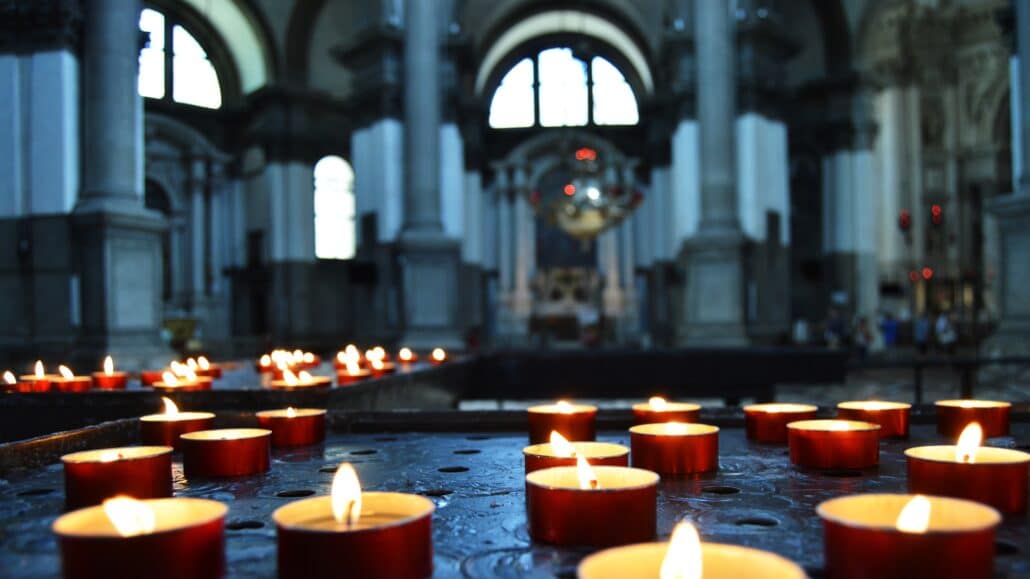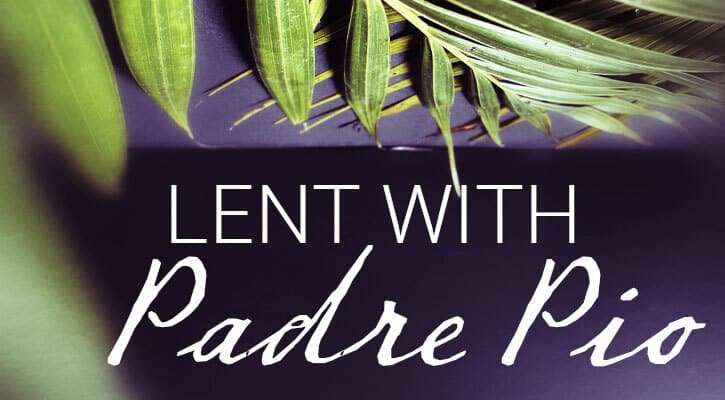St. Francis of Assisi had a special place in his heart for Christmas and the days leading up to it.
As it reads in Saint of the Day: “Francis, recalling a visit he had made years before to Bethlehem, resolved to create the manger he had seen there. The ideal spot was a cave in nearby Greccio. He would find a baby (we’re not sure if it was a live infant or the carved image of a baby), hay upon which to lay him, an ox and an ass to stand beside the manger. Word went out to the people of the town. At the appointed time, they arrived carrying torches and candles.”
The feasts of many Roman Catholic saints are celebrated during Advent. Here are a handful of them. May they enrich your Advent journey!
Mary
Most of us readily think of Mary, Mother of God, during Advent. After all, Mary is the one closest to Jesus. Two Marian feasts fall during Advent: the Solemnity of the Immaculate Conception (December 8) and the Feast of Our Lady of Guadalupe (December 12). From Mary we learn the greatest traits of the Christian: love, humility, justice, openness to God’s grace, and willingness to act.
St. Francis Xavier
He tirelessly evangelized in the Far East. Busy as he was, he took time to set religious truths to verse and fit them to popular tunes in the countries he served. This was such a successful way of spreading the Good News that his songs were sung in the streets. Xavier invested his missionary zeal in a way that yielded a harvest long after he left. This didn’t happen without hours spent in silence and prayer, asking for guidance and inspiration. Ask for his intercession if you want your time spent in Advent to bear fruit long after you’ve left the season behind.
St. John Damascene
“The one who seeks God continually will find him, for God is in everything,” says St. John Damascene. It’s to this little-known Advent saint that we owe the pleasure of looking at religious art. In a period of Church history when others wanted to forbid the use of images, John Damascene insisted they could be used to inspire us. He suffered for his convictions, but now we need to thank him. Where would we be at Christmastime without our treasure of religious art? Take time looking at your Madonna and Child Christmas cards, and thank God for clear thinkers like John Damascene.
St. Nicholas
This fourth-century Greek bishop is known for his faithfulness to Christ, his devotion to justice and to charity. Santa Claus is a character that started with Nicholas and took on a life of its own. We would do well to remember the real Nicholas. Ask for his intercession as you pray for a charitable heart.
St. Ambrose
Ambrose of Milan spent much of his time listening. He listened to St. Monica as she wept about her sinful son—the future St. Augustine—and Ambrose was able to comfort her. He listened to opposing factions in the Church and was able to make peace. This Doctor of the Church saw himself as a lifelong learner: “In the endeavor to teach, I desire that I may be able to learn,” he said. We only learn if we keep listening—especially when we’re the teachers! Pray with Ambrose to improve your listening skills.
St. Lucy
This fourth-century martyr chose to be a Christian when being Christian was illegal. She wanted to give up all her wealth and devote her life to the poor, but she herself became a victim of oppression. After resisting the advances of a Roman soldier, she was denounced as a Christian and tortuously executed. She teaches us that life in Christ’s light is worth devoting your life to—even dying for.
St. John of the Cross
He is the great mystic of Advent, who says that we are “face-to-face with Love’s own grace.” What wonderful words to ponder! Yet in contrast to John’s lofty poetry, he took for himself the most menial jobs wherever he was. Before he entered religious life he worked in a hospital for people with disgusting diseases. Besides bathing them, he sang songs to cheer them up. Even when he held high administrative posts he took the lowliest tasks. His life reminds us that no matter how soaring our spirituality, it must be grounded in humble day-to-day duties or we miss the whole meaning of the Incarnation.








